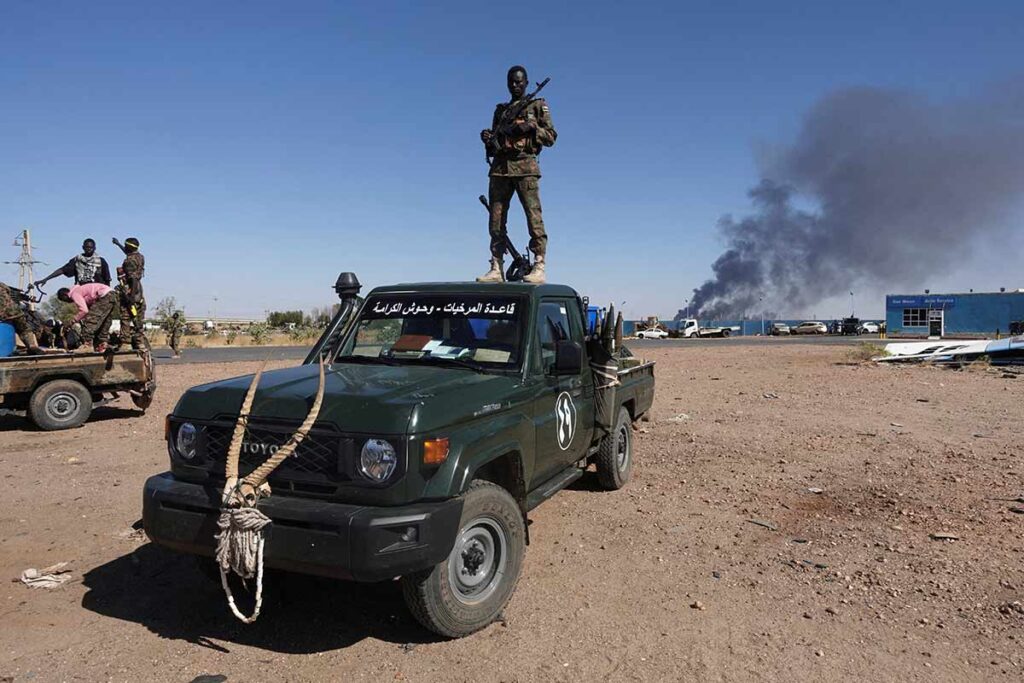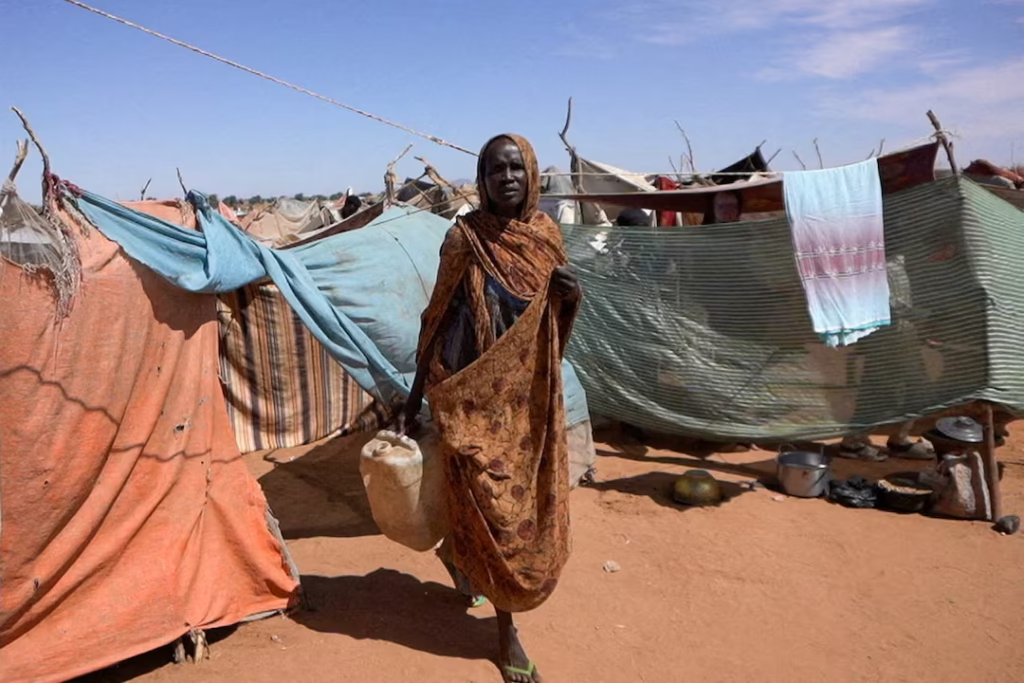
The surge of Sudanese refugees into Libya is triggering urgent warnings of a looming humanitarian crisis without immediate aid intervention.
In the remote, desert border region of Al Kufra, over 45,000 Sudanese refugees have sought safety. The International Medical Corps (IMC) has been providing health consultations at seven out of 11 makeshift camps and plans to extend support to the remaining camps by the end of the month.
These camps have been receiving around 800 new arrivals daily.
The refugees urgently need healthcare, mental health services, food, shelter, and household essentials.
The IMC, collaborating with the Ministry of Health, continues to offer emergency and primary healthcare, managing up to 80 consultations daily and distributing essential medications, particularly for chronic conditions like diabetes and hypertension. Since their deployment, the IMC team has conducted 1,046 consultations.
The conflict in Sudan, which erupted in mid-April 2023, has displaced about 10 million people, with over 2 million fleeing to neighboring countries.
As the conflict in Darfur intensifies, around 1,200 Sudanese are entering Libya daily via Al Kufra, a six-fold increase since December 2023. Nearly half of these new arrivals are women and children, joining the existing 40,000 Sudanese refugees in Southeast Libya.
In response to this crisis, the European Union is allocating €500,000 in humanitarian aid to the World Health Organization (WHO) to provide primary healthcare to the most vulnerable. This funding will support the deployment of medical teams, including mental health specialists, and the provision of medical kits and equipment to six primary healthcare facilities. Mobile clinics will also be dispatched to offer direct medical treatment to the refugees.
The EU-funded intervention aims to assist up to 160,000 vulnerable individuals, including both displaced Sudanese and Libyans, with a focus on the heavily impacted border areas.




